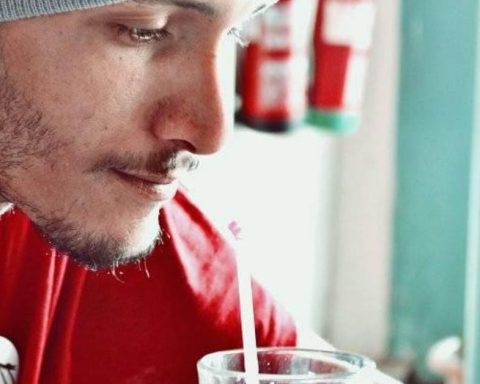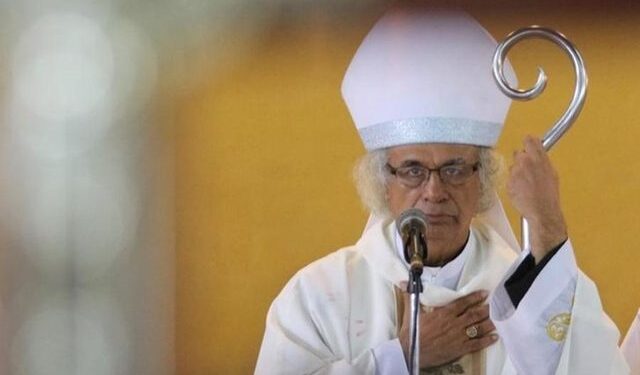Fidel Castro’s “dream” of mass consumption of moringa, a tree from India with medicinal properties overvalued by the Cuban leader, has not yet died. The latest invention is the inauguration this Saturday of the first powder processor of the plant in La Sierpe, Sancti Spíritus.
Located in the Empresa Agroindustrial de Granos Sur del Jíbaro, the plant has an installed capacity to process 20 tons of moringa powder per year, the supply of which will come from 10 hectares of plantations. The main markets set are the pharmaceutical industry, export and sale as a nutritional supplement in the preparation of cookies.
Concepción Campa, project adviser, was in charge of recalling Castro’s “ambitious project” and assured that with the start-up of the plant “another of his dreams is now coming true,” according to the official news agency. Latin Press.
The factory has Austrian machinery for drying the leaves in hermetic darkness, a process that prevents the denaturation of chlorophyll and other nutritional properties of the tree.
Campa pointed out that moringa, known by many as the “miracle tree”, has several properties such as anti-inflammatory and antibiotic, as well as being a source of protein. In addition, added the official, it is used to “cure up to 300 diseases.”
“The creation of the plant will generate various benefits for the local economy, in the first place it will provide a nutritional supplement for humans, as well as food for sheep, goats, pigs and birds from the protein content of the green mass,” he said. Latin Press.
The main markets set are the pharmaceutical industry, exports and sales as a nutritional supplement in the preparation of cookies.
The cultivation of the plant is a forgotten project, which from time to time is remembered by the official press with promises of an increase in production. In 2021, the Bayamo Agricultural Company and the Pasture and Forage Research Institute carried out a study in which they found the feasibility of replacing the raw material for animal feed with Creole feed based on moringa.
According to this study, importing feed for livestock costs 550 million dollars a year, an expense that the country cannot assume if it also wants to recover bovine production, which is increasingly declining due to the lack of inputs and the escalation Of robbery. In this way, the investigation proposed that producing a ton of feed based on the plant would cost 561 pesos, almost a third of the 1,500 pesos that it costs with imported materials.
Castro’s obsession with moringa originated in 2011, when the Cuban government ordered a kilo of seeds from a Canarian farmer who, impressed, sent him two, according to the Spanish scientific website Sync. The former Cuban ruler was at that time convalescent and away from public life but kept publishing his texts in the national media.
In one of his last and delirious reflections, disseminated by the official press, Castro wrote that “the conditions are created for the country to begin producing oleiferous moringa and mulberry on a massive scale, which are also inexhaustible sources of meat, eggs and milk, (and ) silk fibers that are spun by hand”.
After his death, in November 2016, the plant has lost prominence on the Island and its consumption has been reduced mainly to pills, tea or cookies sold in pharmacies.
________________________
Collaborate with our work:
The team of 14ymedio He is committed to doing serious journalism that reflects the reality of deep Cuba. Thank you for accompanying us on this long road. We invite you to continue supporting us, but this time making you a member of our newspaper. Together we can continue transforming journalism in Cuba.

















